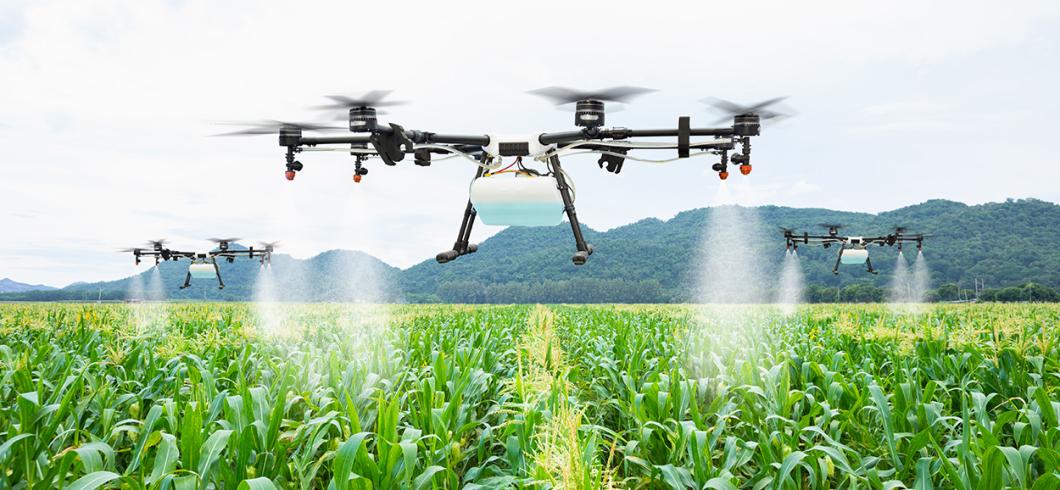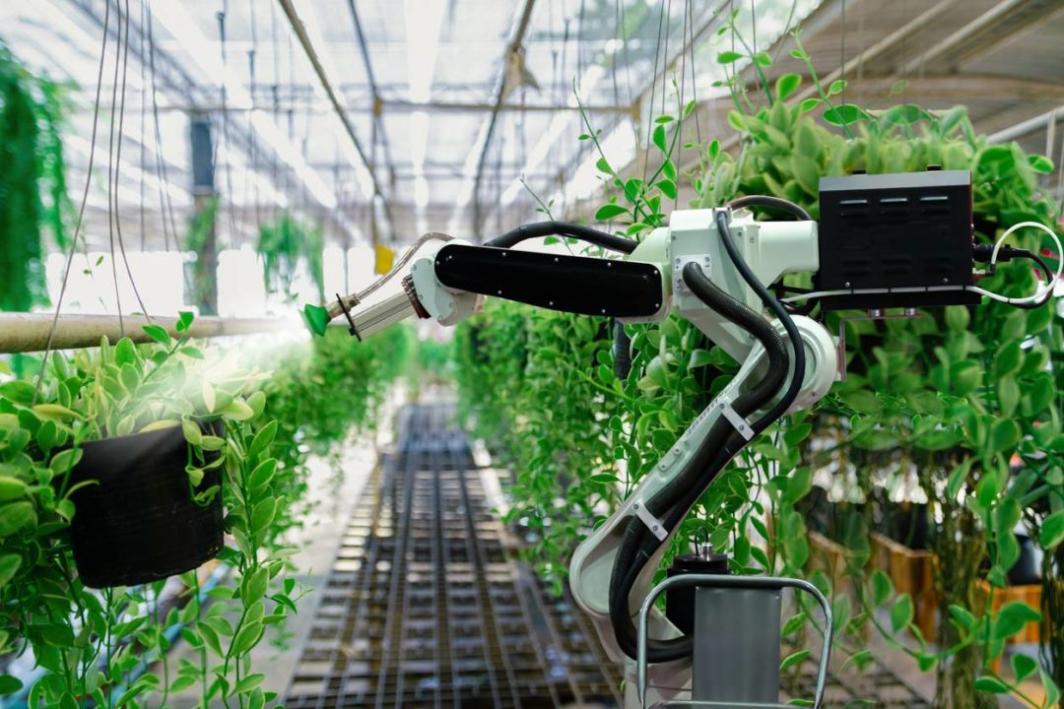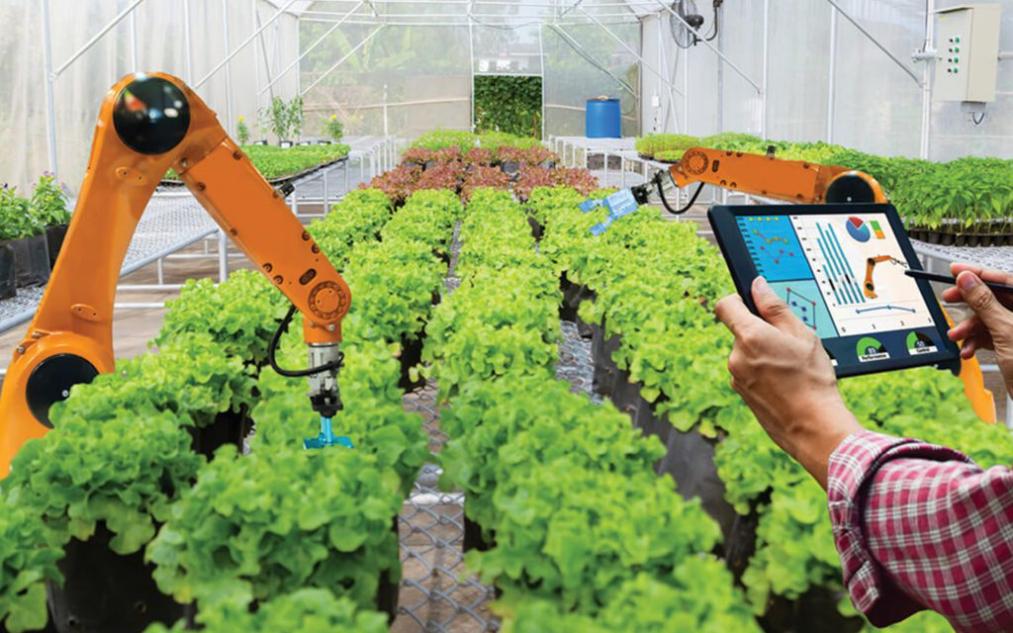Can AI Enhance Livestock Management and Animal Welfare?
The livestock industry plays a crucial role in providing food and other products for a growing global population. However, traditional livestock management practices often face challenges in ensuring animal welfare and sustainability. Artificial intelligence (AI) has emerged as a promising tool that can revolutionize livestock management and enhance animal welfare. This article explores the potential applications of AI in livestock management and animal welfare, as well as the challenges and ethical considerations associated with its use.

AI In Livestock Management
AI has the potential to transform various aspects of livestock management, leading to improved efficiency, productivity, and animal welfare. Here are some key applications of AI in livestock management:
Precision Feeding And Nutrition Management:
- AI-driven systems can analyze individual animal data, such as weight, feed intake, and activity levels, to optimize feed rations and reduce waste.
- This precision approach improves feed efficiency, reduces environmental impact, and promotes animal health.
Health Monitoring And Disease Prevention:
- AI algorithms can analyze data from sensors, cameras, and other sources to detect early signs of illness or stress in animals.
- This enables timely intervention, reducing disease outbreaks and improving animal health.
Breeding And Genetics:
- AI can assist in selecting animals with desirable traits for breeding, such as improved growth rates, disease resistance, and product quality.
- This leads to improved livestock genetics, increased productivity, and profitability.
Environmental Monitoring And Control:
- AI-powered systems can monitor and adjust environmental conditions, such as temperature, humidity, and air quality, to optimize animal comfort and productivity.
- This reduces stress and improves animal welfare.
AI In Animal Welfare
AI can also play a significant role in improving animal welfare by reducing stress, ensuring humane practices, and promoting transparency. Here are some key applications of AI in animal welfare:
Stress Detection And Reduction:
- AI algorithms can analyze animal behavior and physiological data to identify signs of stress or discomfort.
- This enables early intervention to improve animal welfare and prevent health issues.
Humane Slaughter Practices:
- AI-guided systems can ensure accurate and humane slaughter techniques, minimizing animal suffering.
- This improves ethical practices in the livestock industry.
Animal-Friendly Transportation:
- AI-enabled monitoring systems can track animal conditions during transport, ensuring proper ventilation, temperature control, and rest periods.
- This reduces stress and improves animal welfare during transportation.
Traceability And Transparency:
- AI-based traceability systems can provide consumers with information about the origin, welfare conditions, and treatment of livestock.
- This increased transparency builds consumer confidence in the livestock industry.
Challenges And Ethical Considerations

While AI holds immense potential for enhancing livestock management and animal welfare, it also presents challenges and ethical considerations that need to be addressed. These include:
Data Privacy And Security:
- Ensuring the secure collection, storage, and use of animal data is crucial to prevent unauthorized access and misuse.
Bias And Discrimination:
- AI algorithms must be carefully designed to avoid biases that could lead to unfair treatment of certain animals or breeds.
Animal Autonomy And Rights:
- The ethical implications of using AI to control or manipulate animal behavior need to be considered.
Job Displacement And Economic Impact:
- The potential impact of AI on jobs in the livestock industry and the need for support for affected workers must be addressed.
AI has the potential to revolutionize livestock management and animal welfare, leading to improved efficiency, productivity, and ethical practices. However, addressing the challenges and ethical considerations associated with AI is essential to ensure its responsible and beneficial use. Further research and collaboration among stakeholders are needed to harness the full potential of AI for the benefit of both animals and the livestock industry.

YesNo

Leave a Reply